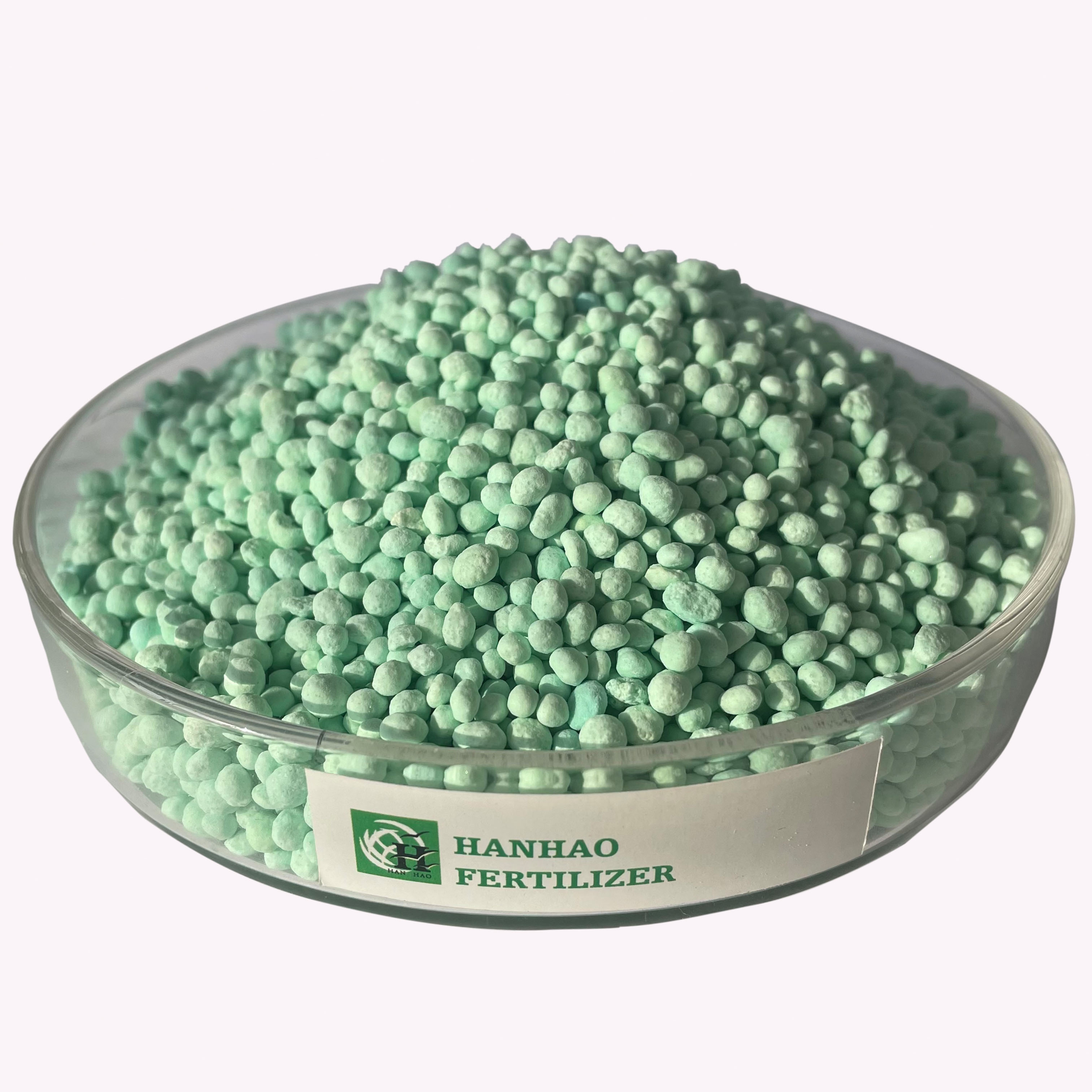
Oct . 30, 2024 13:33 Back to list
cucumber fertilizer npk
The Importance of NPK Fertilizer for Cucumber Growth
Cucumbers (Cucumis sativus) are a popular vegetable globally, appreciated for their refreshing taste and versatility in various culinary dishes. To achieve optimal growth and yield, understanding the nutritional needs of cucumber plants is essential, particularly the role of NPK fertilizers. NPK, which stands for Nitrogen (N), Phosphorus (P), and Potassium (K), is a formulation that delivers these vital nutrients required for healthy plant development.
Nitrogen (N) The Growth Booster
Nitrogen is crucial for the growth of cucumbers, as it is a key component of amino acids, which are the building blocks of proteins. Proteins play a fundamental role in plant structure and function, influencing overall vigor and leaf development. Adequate nitrogen levels promote lush foliage, which is essential for photosynthesis—the process by which plants convert sunlight into energy. A healthy and robust canopy allows cucumbers to absorb maximum sunlight, thereby enhancing fruit production. However, it is vital to strike a balance, as excessive nitrogen can lead to excessive leafy growth with poor fruit set.
Phosphorus (P) The Root and Flower Builder
Phosphorus plays a pivotal role in the root development and flowering of cucumber plants. It is integral to energy transfer within the plant, particularly in the form of ATP (adenosine triphosphate), which fuels various biochemical processes. Strong root systems allow cucumbers to access water and nutrients efficiently from the soil. Moreover, phosphorus is essential for the formation of flowers and, consequently, fruit. Insufficient phosphorus can result in weak plants with fewer flowers, leading to reduced yields. When applying NPK fertilizers, ensuring an adequate phosphorus supply can significantly enhance cucumber production.
cucumber fertilizer npk

Potassium (K) The Stress Resistor
Potassium is often referred to as the stress-resisting nutrient due to its role in improving a plant's ability to withstand adverse conditions. For cucumbers, potassium contributes to the regulation of water uptake and improves drought resistance. It plays a vital role in fruit quality, affecting factors like size, taste, and shelf life. Healthy potassium levels ensure that cucumbers can maintain turgor pressure, enabling them to remain crisp and fresh for longer. The balance of potassium in the soil also helps in the overall health of the plant, enhancing its resistance to diseases and pests.
Application of NPK Fertilizers
When applying NPK fertilizers for cucumbers, it is crucial to follow soil testing recommendations to determine the specific nutrient needs of the crop. The ratio of nitrogen, phosphorus, and potassium may vary depending on the growth stage, with higher nitrogen levels recommended during the vegetative phase, and increased phosphorus and potassium during flowering and fruiting. Timing and method of application also play significant roles in nutrient uptake.
Conclusion
In conclusion, NPK fertilizers are vital for the successful cultivation of cucumbers. Understanding the functions of nitrogen, phosphorus, and potassium equips growers with the knowledge to optimize nutrient management practices. By ensuring that cucumber plants receive balanced nutrition, farmers can significantly enhance growth, yield, and fruit quality, ultimately contributing to successful and sustainable farming practices.
-
10 10 10 Fertilizer Organic—Balanced NPK for All Plants
NewsJul.30,2025
-
Premium 10 10 10 Fertilizer Organic for Balanced Plant Growth
NewsJul.29,2025
-
Premium 10 10 10 Fertilizer Organic for Balanced Plant Growth
NewsJul.29,2025
-
Premium 10 10 10 Fertilizer Organic for Balanced Plant Growth
NewsJul.29,2025
-
50 Pound Bags of 13-13-13 Fertilizer for All Plants – Bulk & Organic Options
NewsJul.28,2025
-
High-Efficiency 15-30-15 Granular Fertilizer for Healthy Crops
NewsJul.28,2025
